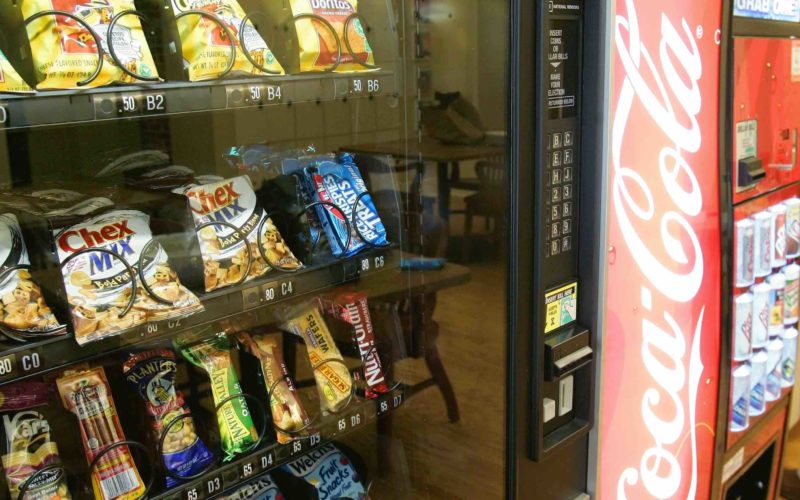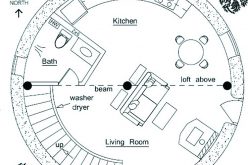Making smarter choices good for you and the world
AMANDA BANCROFT
Making Ripples
Sugar may not be the first thought that comes to mind when we think about making a difference. Yet we know that refined, added sugar is bad for our health and can present environmental and justice issues around the world. Some people fuel up on sugary beverages like hummingbirds, and others have no sweet tooth. There is at least one person I know who quit eating sugar altogether — and not because of diabetes! But you don’t have to completely give up sugar unless your health requires it. Consuming less sugar makes a difference for our health, so we’re at our best to make a difference for the world.
It’s probably no surprise that sugar and slavery are connected. And it isn’t just history. There are many examples, but one is a 2007 report by the British Broadcasting Corporation describing a raid that freed over 1,000 laborers in an Amazonian sugar plantation in Brazil. Buying fair trade sugar and products does help — as long as we keep fair trade companies accountable. Cooperatives and small farmers may not have certification but may be essentially fair to producers and grown sustainably in some cases.
Sugar production has fueled slavery and exploitation, but it’s also exploited the environment. A 2004 report from the World Wildlife Federation titled “Sugar and the Environment: Encouraging Better Management Practices in Sugar Production,” cited many issues. These include loss of biodiversity, destruction of habitat for plantations, intensive use of irrigation water and chemicals, polluted wastewater, and more. Sugar is basically bad for the planet, and people, too.
It’s no shocker that sugar is bad for human health, but why? There are countless studies published in medical journals that show the effects of consuming too much refined sugar. Inflammation, high blood sugar, mental illness, heart disease … you get the picture. There are daily recommendations for children, women and men, but the goal shouldn’t be to eat the maximum allotment. Instead, eat as little added sugar as possible, and check labels to see if it’s hiding.
Fresh fruits and whole foods are superior in nutrition to table sugar and processed drinks and candy. (It’s common sense, right?) But have you heard of stevia, coconut sugar, agave nectar, xylitol or erythritol? Research these to see if one or two are right for you and fit your lifestyle. Other alternatives include honey and molasses. Honey is great to replace refined sugar in tea, breakfast foods and some desserts and sauces. Blackstrap molasses is actually a byproduct of the refining process for sugar cane and offers iron, calcium, magnesium, vitamin B6 and selenium. Not all refined sugar alternatives work for those with diabetes or other health conditions, though. Certainly not all of them are great for the environment, either.
You might decide that none of them are for you, and you simply want to reduce sugar consumption instead. Ever heard of meatless Mondays? Consider Sugar-Free Sundays or pick a day of the week to just halt the habit. Alternatively, allow yourself one sugary treat per day if you usually eat several. Pick your favorites and really savor them – and save the money, too!
Amanda Bancroft is a writer, artist, and naturalist living in an off-grid tiny house on Kessler Mountain. She and her husband Ryan blog about their adventures and offer tips to those wanting to make a difference at www.RipplesBlog.org.










